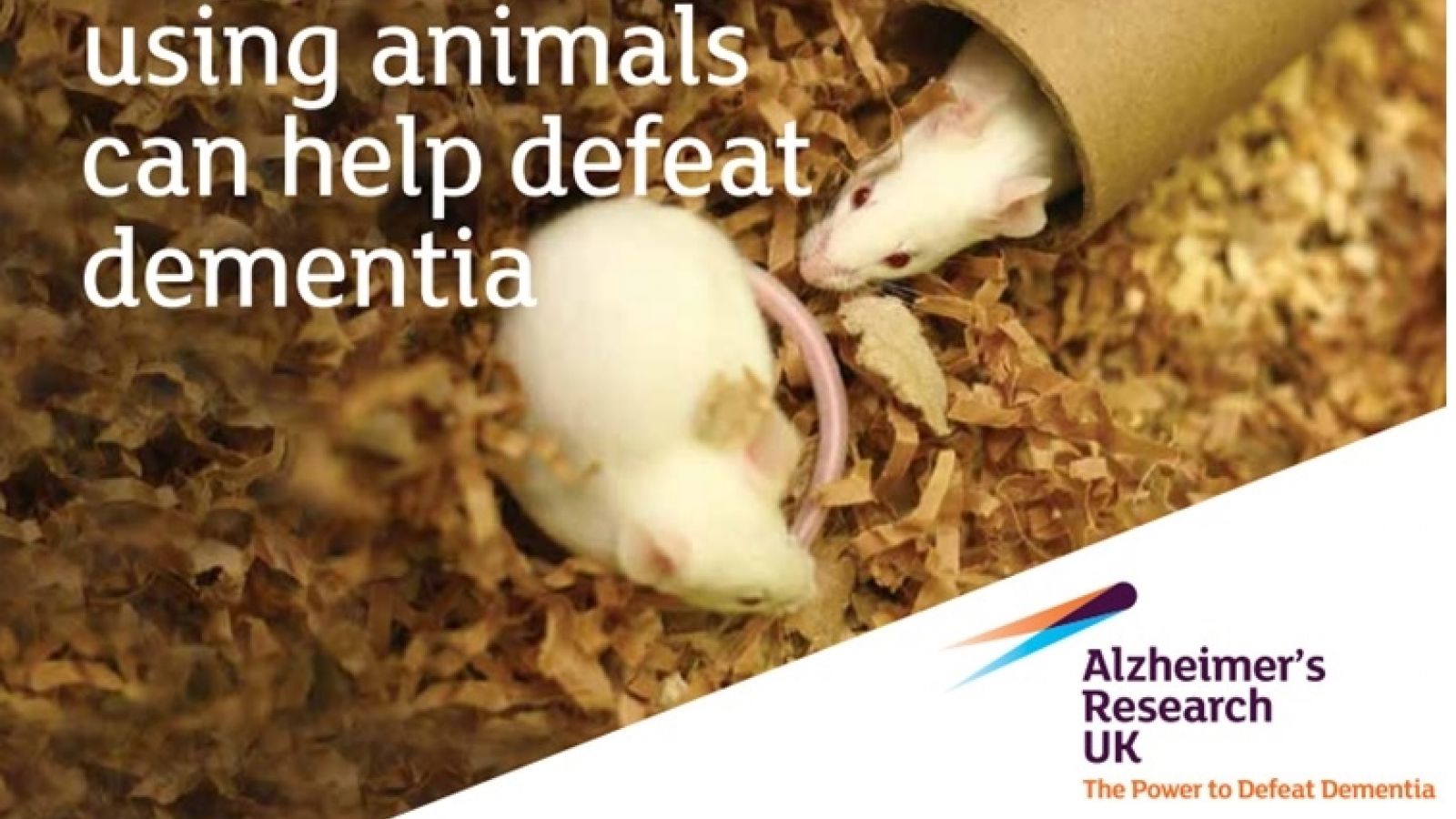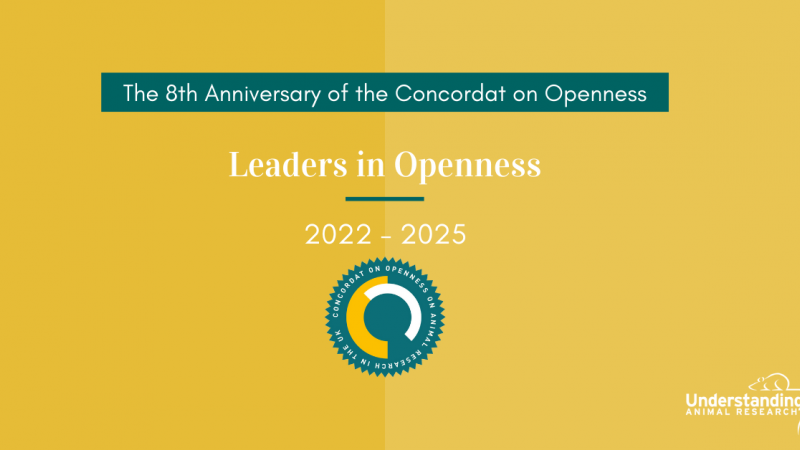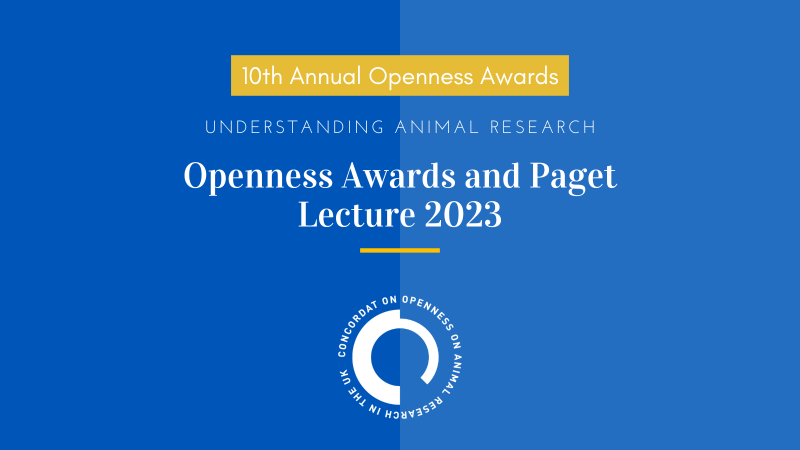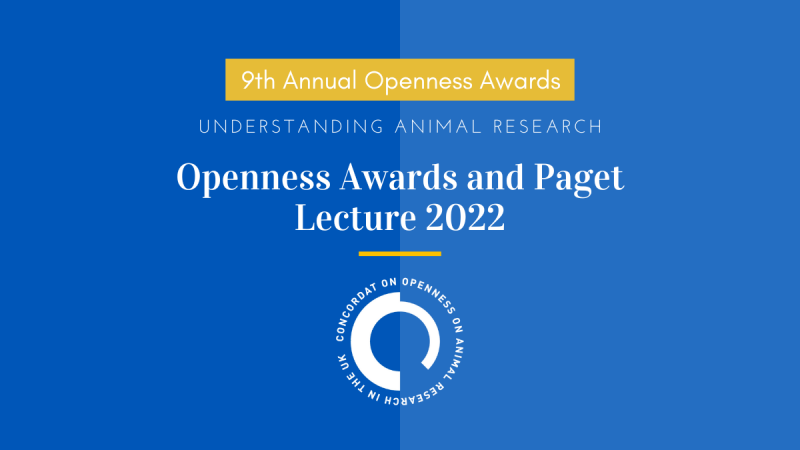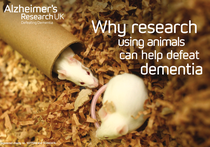 This week, Tom Holder, Campaigns Manager, writes about a new charity communications guide jointly produced by Understanding Animal Research and the Association for Medical Research Charities (AMRC).
This week, Tom Holder, Campaigns Manager, writes about a new charity communications guide jointly produced by Understanding Animal Research and the Association for Medical Research Charities (AMRC).
Communicating animal research can be a difficult challenge for any institution. This is particularly true for medical research charities who want to explain why animal studies are an important use of public donations. Most medical research charities involved in biomedical research do not conduct the studies themselves, but fund universities and other research institutions to carry out the animal research. Historically, this has meant many charities have had less need to discuss animal research, with universities more often called upon to explain the work. However, over the last decade charities have become more proactive in explaining why animal research is important in the drive for a better understanding of diseases and the development of new treatments.
In the late 1990s the Association of Medical Research Charities asked its members to endorse a statement on the use of animals in research, which states:
Whilst not all our members are currently funding research using animals as part of their strategy, they all support the principle of using animals in research when it is necessary to advance understanding of serious health conditions to develop better treatments and there is no alternative that can be used to find out the same information without using animals.
This was a big step for many charities, but the first of many. In the last decade, we have seen growing numbers of medical research charities being more open about the research that they conduct. For example the British Heart Foundation's Broken Hearts TV advert explained the role of zebra fish in their research:
Many charities have produced fantastic leaflets explaining the important research they do, including Cancer Research UK and Alzheimer's Research UK.
Understanding Animal Research has teamed up with the Association of Medical Research Charities to produce a guide entitled "Talking to the public about animal research". The guide is designed to help medical research charities and answer questions from the public about the use of animals in research. Charities have contact with their supporters and the public in many different ways and they need to be able to explain how they are investing donations effectively across many channels. The guide covers many different aspects, both proactive and reactive, to communicating the role of animals in research. The contents include:
- Being prepared: Creating a process for responding to questions about animal research; What makes a good case study; What makes a good position statement
- Answering questions: Direct questions; Social media; Articles and letters in the media; Campaigns and protests
- Opportunities to tell people more: Your staff; Your website; Press Releases; Research facilities; Talking about your research
The guide uses the many examples of charities communicating the role of animals in research effectively as case studies. Different charities are effective at communicating in different areas, and this guide highlights this best practice. The document comes at a time when many institutions, including charities like the AMRC, have signed the Concordat on Openness on Animals Research committing to being clear about when, how and why we use animals in research. The lessons in this guide are not only applicable to charities. Many other research institutions can benefit from understanding what makes a good position statement on animal research, or how to respond to newspaper letters or Facebook posts about the research they conduct. So download and read the new guide.
Tom Holder
Last edited: 27 March 2024 10:49

